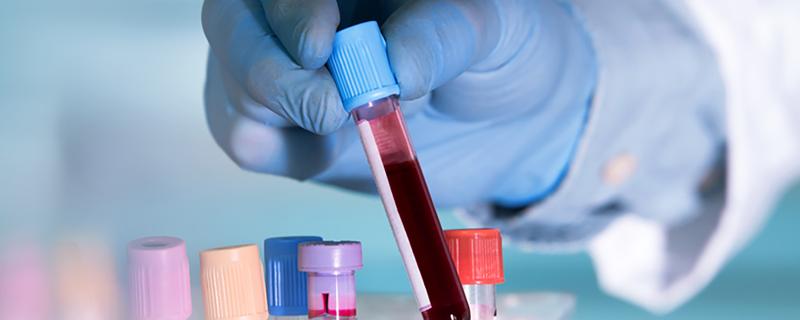St. Peter’s Health's Anticoagulation Clinic provides education and monitoring services to people who are taking the blood thinner, warfarin (Coumadin®). The goal of the clinic is to provide face-to-face care that makes taking warfarin as easy as possible for each patient. Each step of the process, from testing to dosing, is discussed in person with each patient.
This patient-focused care helps reduce the likelihood of adverse events for patients taking anticoagulants by ensuring that patients are actively involved in understanding and taking responsibility for their care. To help provide the most convenient care, the clinic has two locations and is staffed with two registered nurses five days per week.
What to expect at the anticoagulation clinic
The specific services provided by the clinic begin when a patient is placed on warfarin. Each patient will be assessed for any clinical indicators of adverse events or comorbidities through a series of questions. At each clinic visit, the patient will get a finger stick blood test. The nurses then use a point of care device CoaguChek XS Pro to do the International Normalized Ratio (INR) test. Test results are available immediately.
After the patient INR is tested, the test results will be discussed with the patient and a warfarin dose recommendations are made. The patient is present when dosing recommendations are made, giving them the opportunity to ask questions and participate in the decision making process. The patient is given a written summary of the visit that outlines the specific dose of warfarin the patient will take each day of the week.
The patient is then scheduled for follow-up evaluation. The clinic will contact patients to assure they continue with follow up care. The nurses also communicate with the managing provider with any questions or concerns regarding patient management.
Anticoagulation Clinic management
The management of the Anticoagulation Clinic is conducted by registered nurses with direction provided by different primary care or referring providers from St. Peter’s Health Medical Group and surrounding areas. The nurses work with a protocol approved by the Quality Committee of the Medical Group. The nurses in the clinic must coordinate care with the patient, ordering provider and other areas of St. Peter’s Health Regional Medical Center when patients are having procedures.
Anticoagulation therapy, though lifesaving has inherent risks. The ACC provides guidance and education through initiation, stabilization, and maintenance of warfarin therapy in order to decrease those risks. Using the correct intensity of warfarin and maintaining the patient in therapeutic range are two important aspects of management. The test used to measure efficacy is a Prothrombin Time. The prothrombin time is converted to an INR to determine if the patient is in their therapeutic range.
Conditions Treated
The Anticoagulation Clinic helps treat a wide variety of conditions, including:
- Atrial Fibrillation
- Deep Vein Thrombosis
- Pulmonary Embolism
- Genetic Clotting Disorder
Location(s) of Anticoagulation Clinic Services
St. Peter's Health Medical Group - Broadway Clinic
2550 Broadway
Helena, MT 59601
St. Peter’s Health Medical Group - North Clinic
3330 Ptarmigan Lane
Helena, MT 59602

